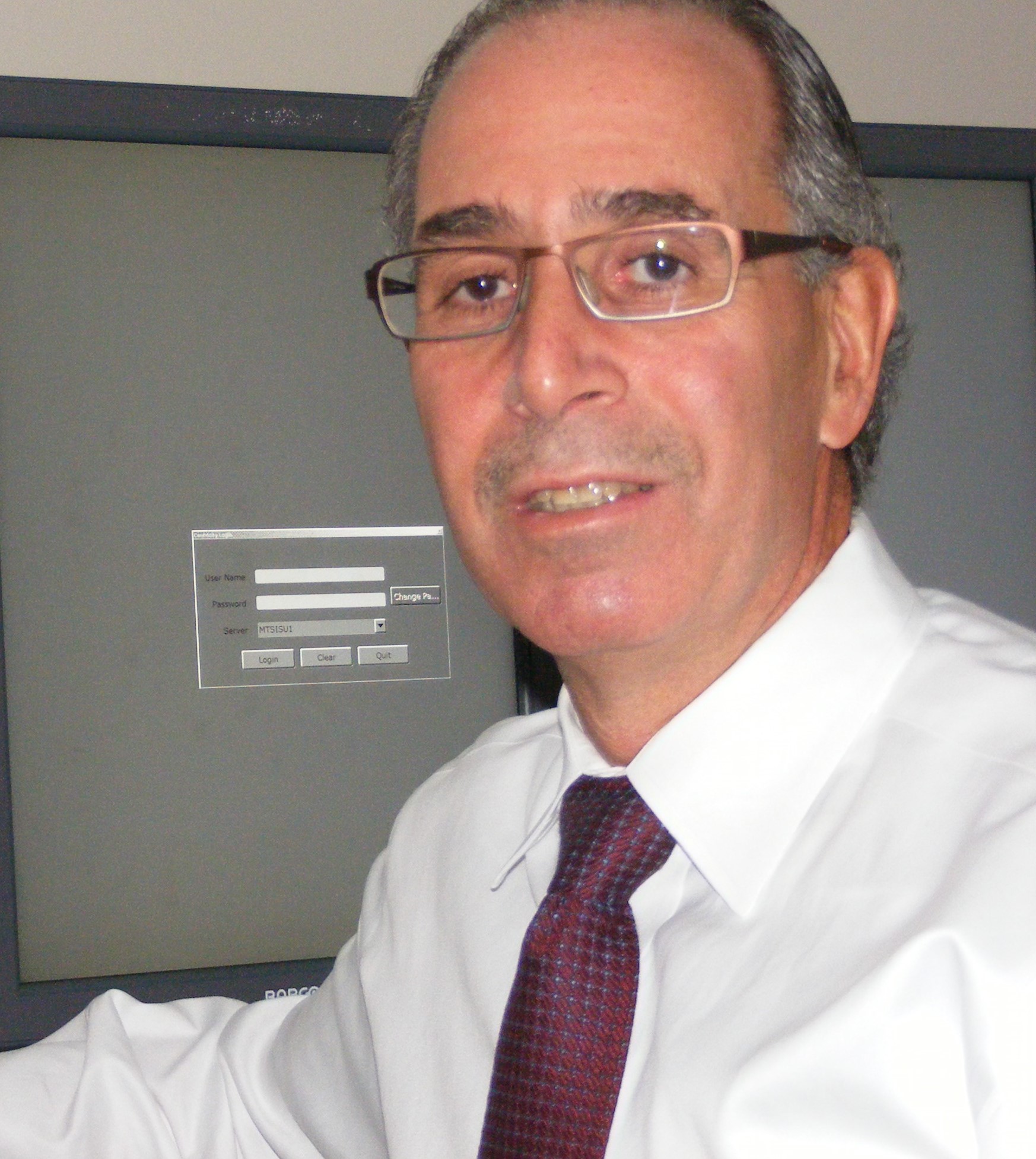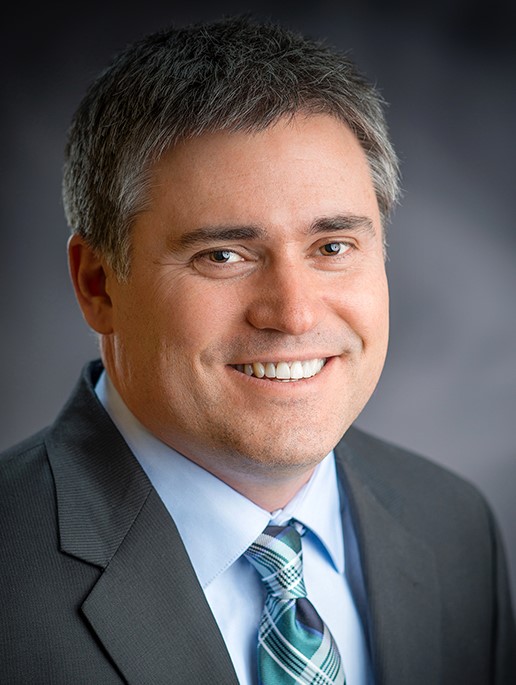
Sharing Medical Imaging Data to Enhance Care Quality, Efficiency
Carequality and the Radiological Society of North America have started an initiative to share medical imaging data and improve care quality during the COVID-19 pandemic.
Medical imaging data has always played a critical role in healthcare delivery, allowing researchers and providers to collect meaningful information for better decision-making.
Since the dawn of COVID-19, medical imaging data has become even more important for healthcare insights. Scans of a patient’s chest and lungs can reveal whether a patient has the virus, as well as the severity of their condition, David Mendelson, MD, senior associate in Clinical Informatics and vice chair of Radiology IT at Mount Sinai Health System, told HealthITAnalytics.
“In the case of COVID-19, a lot of decisions are initially based on chest x-rays and chest CTs. The critical clinical feature of COVID is whether the lungs are involved, as opposed to just a flu-like illness. So, if a patient has an abnormal chest x-ray, that patient's likely going to receive care very quickly,” he said.
“However, any time a radiologist sees an abnormal exam of any type, the next thing they ask is, ‘Can I see an exam you had previously when you were healthy, if it happens to exist, so I can compare it?’” added Mendelson, who is also a member of the Radiology Informatics Committee of the Radiological Society of North America (RSNA).

“It's considered good clinical practice to try to obtain any old exams on a patient when you're treating them and they were not imaged in your institution. If you can gain access, that’s a good thing.”
But accessing medical imaging data isn’t always easy, Mendelson noted. The size of imaging data, combined with a lack of standards and privacy concerns, makes sharing this information incredibly challenging.
“With text data, a 100-page document is actually a very tiny file. Radiology images, on the other hand, are stored in a technical standard called DICOM. So, you could have a book that's measured in a few megabytes, while radiology exams can vary from hundreds of megabytes to up to a gigabyte – sometimes even more than that. That’s why there have been issues around the cost of digitally archiving and transporting radiology data,” said Mendelson.
“But current technology has really begun to minimize this problem. In the world of radiology, we would very much like to see our data treated no differently than other healthcare data. It benefits the patients to fill out the record with everything, including images.”
To address the issues involved with imaging data sharing, RSNA started an image exchange initiative with Carequality, an interoperability framework connecting health information networks across the US.
“The governance framework is not tied to any particular technology or type of content. We started out primarily exchanging clinical documents, and recently we've been expanding into a number of other exchange paradigms and types of content, one of which is image exchange,” said Dave Cassel, executive director of Carequality.
“Carequality had a lot of institutional knowledge as well as pieces already in place to provide policy and trust elements. What Carequality didn’t necessarily have was the expertise to specify the technological elements around imaging, or the presence within the radiology community to actually roll that out. But RSNA does have all those things.”
Initially, the partnership focused on identifying radiology vendors and establishing standards before moving to actual imaging data exchange.
“We began to test radiology vendors who were interested in image exchange to see if they met the standards we were defining. That was step one,” said Mendelson.
“We are now in phase two, which is to leverage those standards and have those vendors exchange imaging data among themselves and with other parties. The aim of this project is to push away the proprietary solutions, use the standard solutions, and onboard them to the Carequality network so that different vendors can exchange images transparently.”

With the release of the Carequality Imaging Data Exchange Implementation Guide, effective December 2019, both RSNA and Carequality aim to enhance the use of imaging in treating patients with COVID-19.
“With the implementation guide, we're hoping to have a good volume of these proprietary image exchange networks adopt their solutions to the standards we’ve developed. We’re hoping to see them get on board and to pilot this initially,” said Mendelson.
“The goal is to make it possible for organizations to exchange imaging data, no matter which vendor they use.”
Security and privacy are also top of mind for those working on the project, Cassel stated.
“Trust is really the key to making this work, because we can solve the technical problems. The real issue is getting the participants to trust one another enough to actually share the information, which is not entirely unreasonable,” he said.
“We're asking them to take a transaction coming in off the internet and release sensitive patient medical records in response to that transaction. So, obviously there are some ground rules that need to be there, some understanding of what that transaction really is, who it's coming from, and why it's justified – especially among a very broad national ecosystem of partners with whom they have no other relationship.”
Ultimately, the goal of the partnership between Carequality and RSNA is to enhance care quality – both during the pandemic and after the crisis is over.
“This is all to the benefit of the patient. When it comes to sharing healthcare data, you have to have more security constraints in place than when you’re doing something like downloading a movie,” Mendelson concluded.
“But it’s the same idea. We just have to execute it and get the vendors and healthcare enterprises to work with us. We’re aiming to enhance care quality, increase efficiency, and reduce medical costs.”





